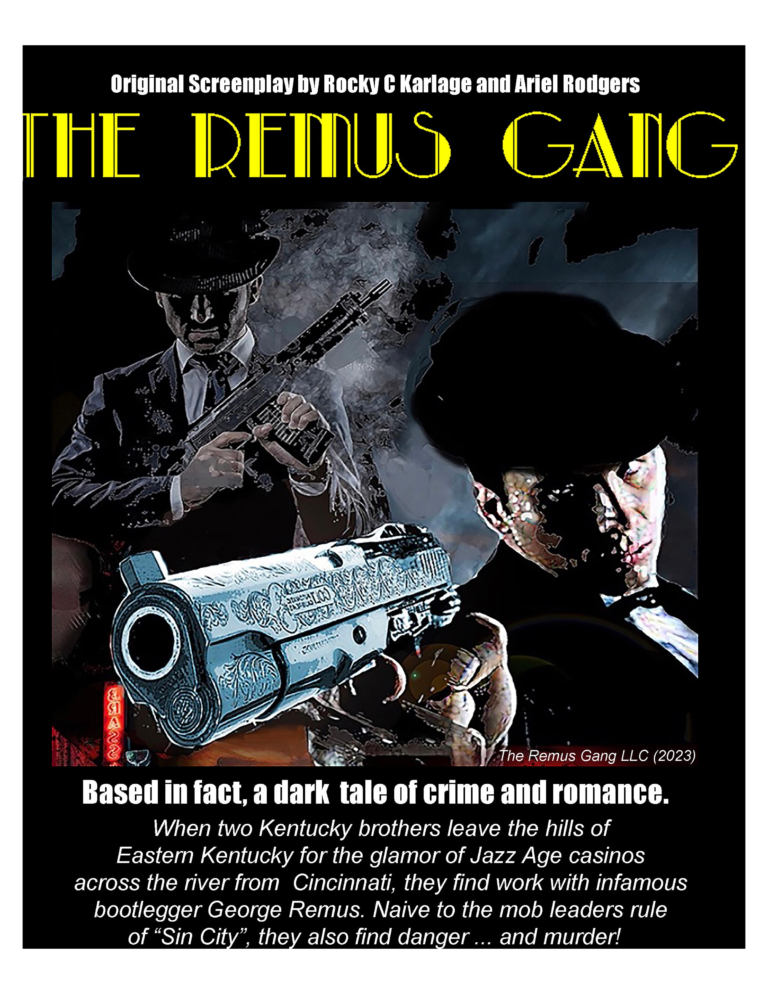Dickinson Christian Review

How do you even begin to describe a show like Dickinson? From the moment you press play, it declares itself unapologetically unique, a blend of history and modernity, of reverence and rebellion. Apple TV+ has crafted a series that spins the life of Emily Dickinson into a kaleidoscope of themes, emotions, and artistry. But from a Christian lens, where do we land on such a vibrant yet unconventional portrayal of this iconic poet? Let’s unravel the threads.
First Encounters: When History Meets Hip-Hop
The opening scenes of Dickinson leave no room for doubt: this is not your grandmother’s period drama. Imagine a world where Emily Dickinson, in all her 19th-century garb, moves to the beats of contemporary music and banters with the casual irreverence of today’s teenagers. It’s startling, yes. But it’s also exhilarating. By blending the old and the new, the show breathes life into Emily’s story, making her struggles and triumphs feel as immediate as if they were happening today.
And then there’s Hailee Steinfeld. Her portrayal of Emily is nothing short of electric. She gives us a young woman who is both profoundly relatable and endlessly fascinating. One moment she’s sarcastic and sharp, the next she’s vulnerable and contemplative. Her wit—“My funeral will be better”—is darkly hilarious, but it also hints at the deeper themes the show explores.
The Artistry of God’s Creation
In Genesis, we’re reminded that God is the ultimate Creator. Through His image, we inherit the gift of creativity. Dickinson embodies this divine gift, pushing boundaries and exploring storytelling in ways that feel both fresh and profound. The show’s lush cinematography and intricate costuming are visual feasts, but it’s the deeper layers of creativity—the blending of genres, the modern dialogue juxtaposed with historical settings—that truly stand out.
Yet as Christians, we’re called to consider the purpose behind creativity. Does it uplift? Does it point toward truth, beauty, and goodness? In Dickinson, the artistry often serves to illuminate the struggles and joys of its characters, reminding us of the complexity of human existence.
Fame, Love, and Legacy: Questions That Linger
Season 2 of Dickinson takes a deep dive into the question of fame. Emily wrestles with whether pursuing recognition is worth the cost, a struggle that feels eerily relevant in our Instagram-driven world. Is fame inherently corrupting? Can it coexist with authenticity? These are questions that resonate deeply, particularly for Christians who strive to live for an audience of One.
Then there’s love—messy, complicated, and all-consuming. The show doesn’t shy away from portraying love in its many forms, even when it veers into morally ambiguous territory. For Christians, this is an area where discernment is key. Love, as defined by Scripture, is sacrificial, patient, and kind. While Dickinson may not always align with this vision, it does provoke thought about the nature of love and the ways it shapes our lives.
The Quiet Moments That Speak Volumes
Amidst all the bold stylistic choices, it’s the quieter moments of Dickinson that linger. A lingering glance, a tender conversation, a solitary reflection—these are the scenes that cut to the heart. By the time you reach the end of Season 3, you’ve been taken on an emotional journey that’s as fulfilling as it is heart-wrenching.
Ecclesiastes 3:4 tells us there’s “a time to weep and a time to laugh.” Dickinson captures both, sometimes in the span of a single scene. It’s a reminder of the beauty and messiness of life, of the joys and sorrows that make us human.
A Word of Caution
While there’s much to celebrate about Dickinson, it’s not without its challenges. The show’s modern sensibilities mean it occasionally ventures into areas that might give Christian viewers pause. Language, sexual content, and themes of identity and autonomy are handled with a modern perspective that may not always align with a biblical worldview.
Philippians 4:8 encourages us to think on things that are true, noble, and pure. Watching Dickinson through this lens doesn’t mean rejecting it outright but rather engaging thoughtfully with its content. What aligns with truth and beauty? What challenges us to think more deeply about our faith and values? These are questions worth asking.
Wrapping It Up: A Show Worth the Journey
Dickinson is many things: bold, strange, moving, and occasionally unsettling. It’s a show that takes risks and doesn’t always play it safe, but in doing so, it offers a rich tapestry of themes and emotions. For Christian viewers, it’s an opportunity to celebrate the gift of creativity, reflect on the complexities of love and legacy, and engage with a story that feels both timeless and urgent.
Rating: 8/10
In the end, Dickinson is not just a show about a poet. It’s a show about life—its beauty, its messiness, its heartbreak, and its joy. For those willing to navigate its complexities, it’s a journey well worth taking.




